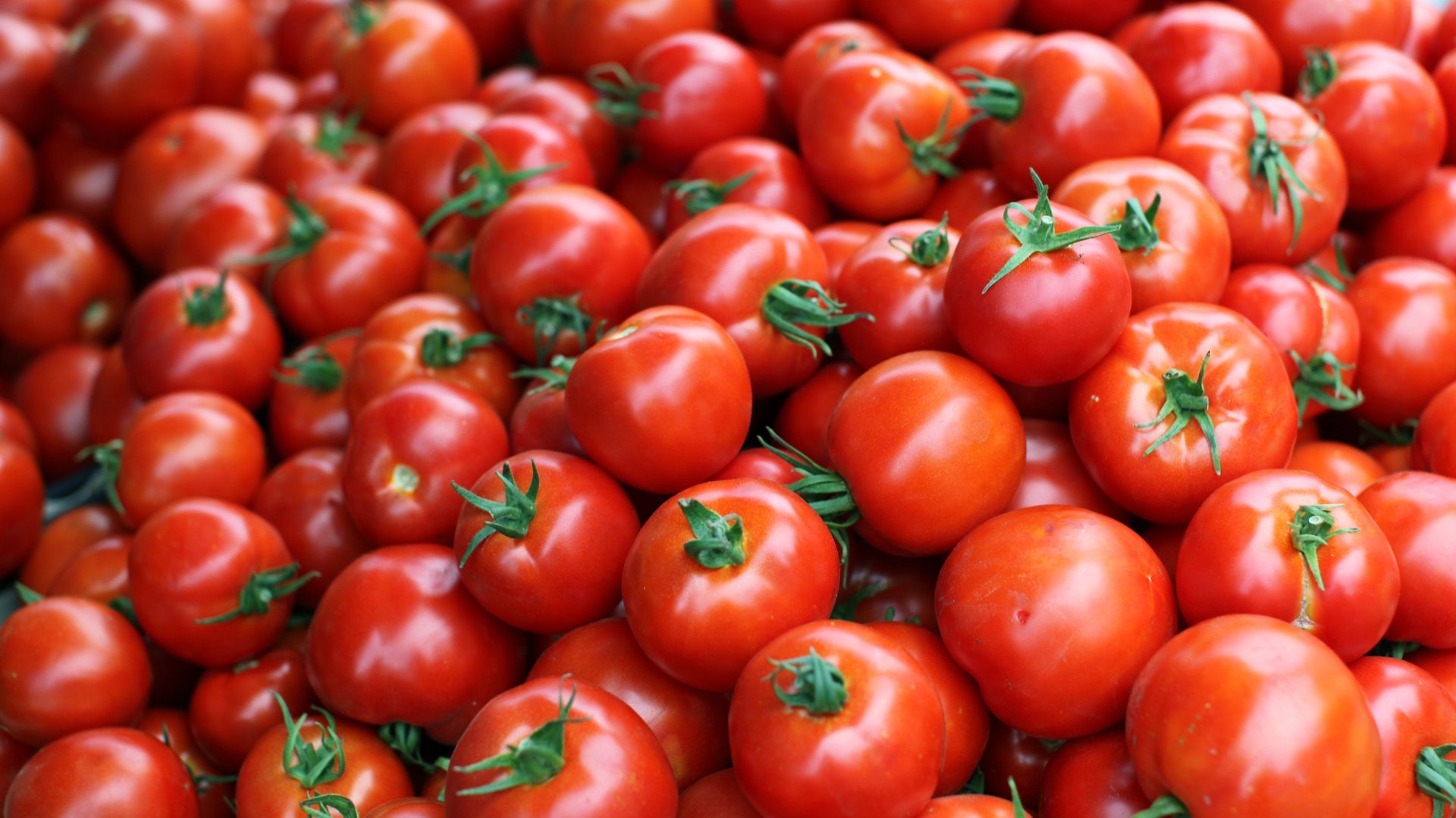Organic farming is actually worse for climate change than conventional farming
Organic food is booming right now, as more and more people choose what they perceive to be healthier, more environmentally friendly food.


Organic food is booming right now, as more and more people choose what they perceive to be healthier, more environmentally friendly food.
But a new study published in the June issue of Agriculture and Human Values suggests that organic farming, as it currently stands, is not as sustainable as it could be, and when done on a large scale, even produces more greenhouse gases (“GHGs” are heat-trapping compounds that contribute to climate change) than its conventional counterpart.
To determine the difference in emissions of organic agriculture versus conventional, University of Oregon researcher Julius McGee used state-level data, available through the United States Department of Agriculture and the Environmental Protection Agency, that showed agricultural GHG emissions from 49 states from 2000 to 2008. (Data was not available for Louisiana, and for Alaska for 2000-2001.) He designed a model that controlled for variables like population growth, the expansion of land used for agriculture, and other socioeconomic factors.
McGee found that, counterintuitively, organic farming led to higher emissions of GHGs. This is happening, McGee says, because so much of today’s organic farming is done by corporate entities responding to consumer demands, not by activist farmers trying to counteract the impacts of conventional agriculture. “The certified organic market has experienced a rise in corporate participation,” McGee writes, “which has facilitated the weakening of standards.” Plus, he says, when organic processes are implemented at large conventional scales, the lower yields combined with the heavy use of machinery results in higher GHG emissions. And some organically grown crops, like tomatoes, simply make more GHGs than their conventional counterparts, and this is amplified when done en masse.
McGee stresses that organic farming still has environmental benefits, citing lower levels of water pollution (from pesticide runoff) as a clear upside. “The task at hand,” he concludes, “is to establish the true causation to this counterintuitive correlation and deepen our knowledge on sustainable agricultural production.”
The photograph at the top of this post was taken by torbakhopper and shared under a Creative Commons license on Flickr.